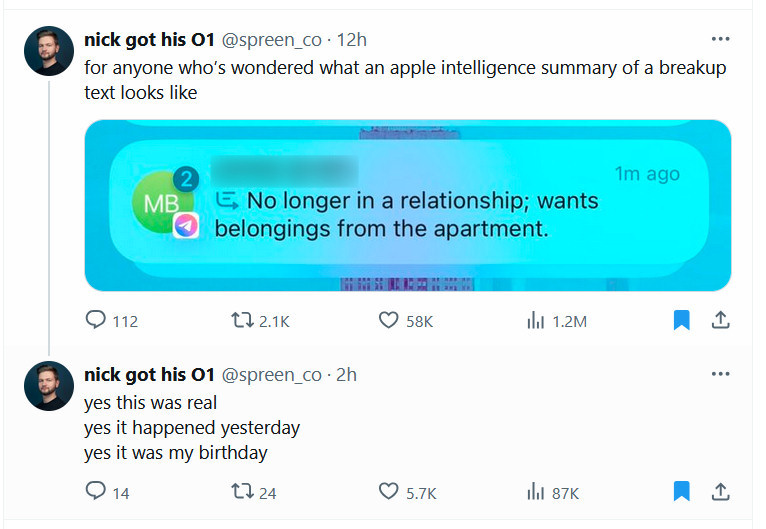This is an automated archive made by the Lemmit Bot.
The original was posted on /r/singularity by /u/Wiskkey on 2024-10-12 14:43:07+00:00.
Original Title: OpenAI's o1 Model Excels in Reasoning But Struggles with Rare and Complex Tasks [About paper "When a language model is optimized for reasoning, does it still show embers of autoregression? An analysis of OpenAI o1"]
OpenAI's o1 Model Excels in Reasoning But Struggles with Rare and Complex Tasks.
In an article recently submitted to the arXiv preprint* server, researchers investigated whether OpenAI's o1, a language model optimized for reasoning, overcame limitations seen in previous large language models (LLMs). The study showed that while o1 performed significantly better, especially on rare tasks, it still exhibited sensitivity to probability, a trait from its autoregressive origins. This suggests that while optimizing for reasoning enhances performance, it might not entirely eliminate the probabilistic biases that remain embedded in the model.
In "Embers of Autoregression" (McCoy et al., 2023), we showed that several large language models (LLMs) have some important limitations that are attributable to their origins in next-word prediction. Here we investigate whether these issues persist with o1, a new system from OpenAI that differs from previous LLMs in that it is optimized for reasoning. We find that o1 substantially outperforms previous LLMs in many cases, with particularly large improvements on rare variants of common tasks (e.g., forming acronyms from the second letter of each word in a list, rather than the first letter). Despite these quantitative improvements, however, o1 still displays the same qualitative trends that we observed in previous systems. Specifically, o1 -- like previous LLMs -- is sensitive to the probability of examples and tasks, performing better and requiring fewer "thinking tokens" in high-probability settings than in low-probability ones. These results show that optimizing a language model for reasoning can mitigate but might not fully overcome the language model's probability sensitivity.
Significance
ChatGPT and other large language models (LLMs) have attained unprecedented performance in AI. These systems are likely to influence a diverse range of fields, such as education, intellectual property law, and cognitive science, but they remain poorly understood. Here, we draw upon ideas in cognitive science to show that one productive way to understand these systems is by analyzing the goal that they were trained to accomplish. This perspective reveals some surprising limitations of LLMs, including difficulty on seemingly simple tasks such as counting words or reversing a list. Our empirical results have practical implications for when language models can safely be used, and the approach that we introduce provides a broadly useful perspective for reasoning about AI.
Abstract
The widespread adoption of large language models (LLMs) makes it important to recognize their strengths and limitations. We argue that to develop a holistic understanding of these systems, we must consider the problem that they were trained to solve: next-word prediction over Internet text. By recognizing the pressures that this task exerts, we can make predictions about the strategies that LLMs will adopt, allowing us to reason about when they will succeed or fail. Using this approach—which we call the teleological approach—we identify three factors that we hypothesize will influence LLM accuracy: the probability of the task to be performed, the probability of the target output, and the probability of the provided input. To test our predictions, we evaluate five LLMs (GPT-3.5, GPT-4, Claude 3, Llama 3, and Gemini 1.0) on 11 tasks, and we find robust evidence that LLMs are influenced by probability in the hypothesized ways. Many of the experiments reveal surprising failure modes. For instance, GPT-4’s accuracy at decoding a simple cipher is 51% when the output is a high-probability sentence but only 13% when it is low-probability, even though this task is a deterministic one for which probability should not matter. These results show that AI practitioners should be careful about using LLMs in low-probability situations. More broadly, we conclude that we should not evaluate LLMs as if they are humans but should instead treat them as a distinct type of system—one that has been shaped by its own particular set of pressures.
X thread about the 2 papers from one of the authors. Alternate link #1. Alternate link #2.




